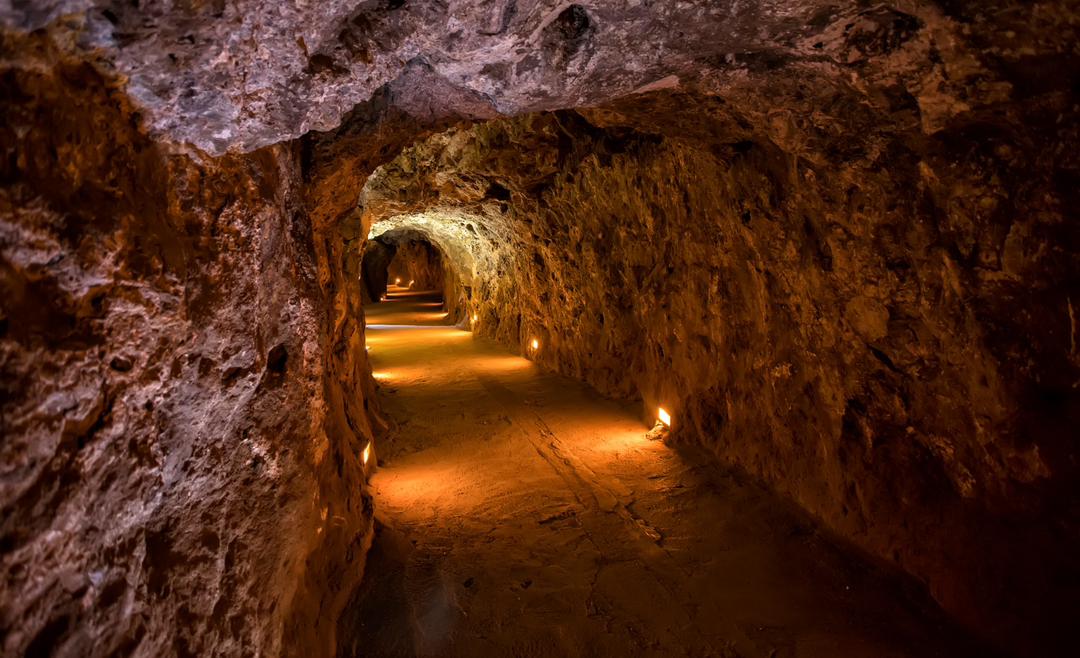Table of Contents
Ghana Moves to Cap Mining Lease Duration
Ghana is set to make a groundbreaking change to its mining laws by cutting the maximum tenure of mining leases from 30 years to 15 years. This policy shift was announced by Martin Ayisi, Chief Executive Officer of the Minerals Commission, during a presentation at a roundtable hosted by the Institute of Economic Affairs (IEA) in Accra.
According to Mr. Ayisi, the ongoing legal reforms are designed to increase local ownership, strengthen government control over the mining sector, and ensure sustainability in mineral exploitation.
He emphasized that the current 30-year mining lease regime was outdated and out of touch with global best practices.
“This does not mean every company will automatically get 15 years, but the 30-year mining lease regime in the country is not helping us at all, and we cannot continue to keep it in our laws,” he said.
Comparing Ghana with Other African Mining Jurisdictions
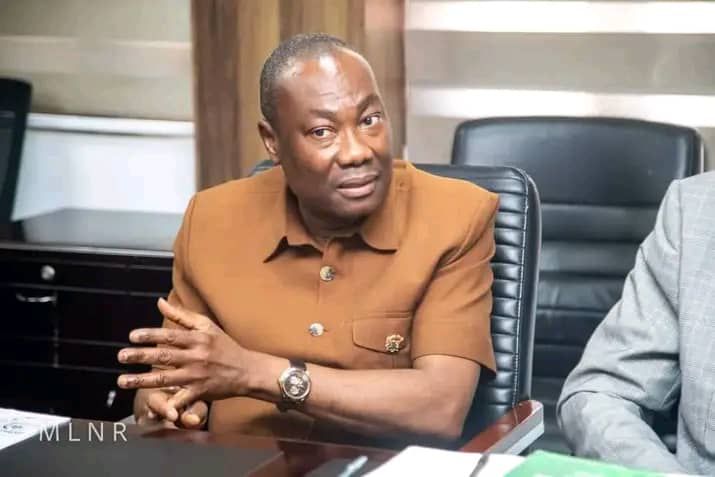
In his justification, the Minerals Commission CEO explained that Ghana’s 30-year lease arrangement had become an anomaly compared to other African nations. Countries like Kenya, Burkina Faso, Côte d’Ivoire, and Mali issue mining leases that typically last between 15 and 25 years, giving Ghana the longest tenure in the region.
The commission believes that adopting a shorter maximum lease duration will bring Ghana in line with international standards while boosting national interest in mineral resources.
Timeline for the New Mining Law
Mr. Ayisi outlined a clear roadmap for the reforms. Stakeholder engagements with key institutions, including the Ghana Chamber of Mines, Regional Houses of Chiefs, the Forestry Commission, civil society groups, and international experts, were scheduled to conclude by the end of August 2025.
He disclosed that the final policy document will be submitted to the Minister of Lands and Natural Resources in September. If approved by Cabinet, the draft amendments will proceed to Parliament for consideration. The government expects both a new mining policy and a revised mining law to be in place before the end of 2025.
New Proposals in Ghana’s Mining Law
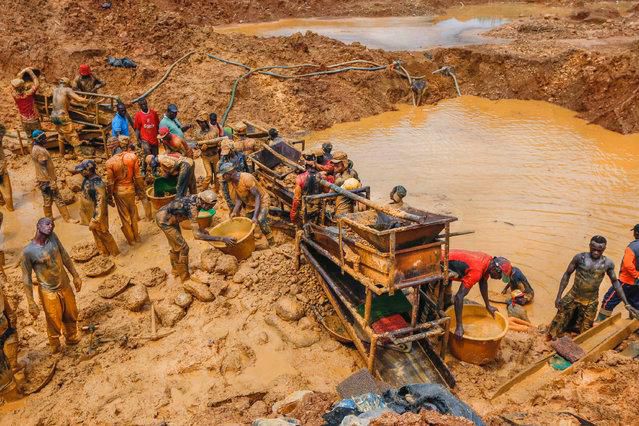
The reforms go beyond lease duration. The Minerals Commission has also proposed:
Prospecting Licence Limitations: A maximum of nine years in total, with the licence initially granted for three years and renewable twice for three years each.
Community Development Agreements (CDA): Mining companies will be legally required to sign agreements with host communities within six months of securing a lease. Currently, such initiatives are voluntary.
Stability Agreements: Reduction of the stability period from 15 years to no more than five years, aligning with the average payback period of mining projects.
Abolition of Development Agreements: To eliminate outdated arrangements and streamline the fiscal framework.
The Minerals Commission argues that these changes will create a fairer system where Ghana reaps greater benefits from its mineral wealth.
Community Development and Corporate Responsibility
A major highlight of the proposed reforms is the mandatory inclusion of Community Development Agreements. Unlike voluntary corporate social responsibility (CSR) projects, these agreements will legally bind mining companies to invest in host communities.
Mr. Ayisi noted that CSR expenditures by mining companies are often deducted from gross profits before tax, thereby reducing government revenue. By making community initiatives legally enforceable, Ghana aims to secure more sustainable and transparent development benefits for local populations.
The Mining Chamber’s Concerns Over Lease Reduction
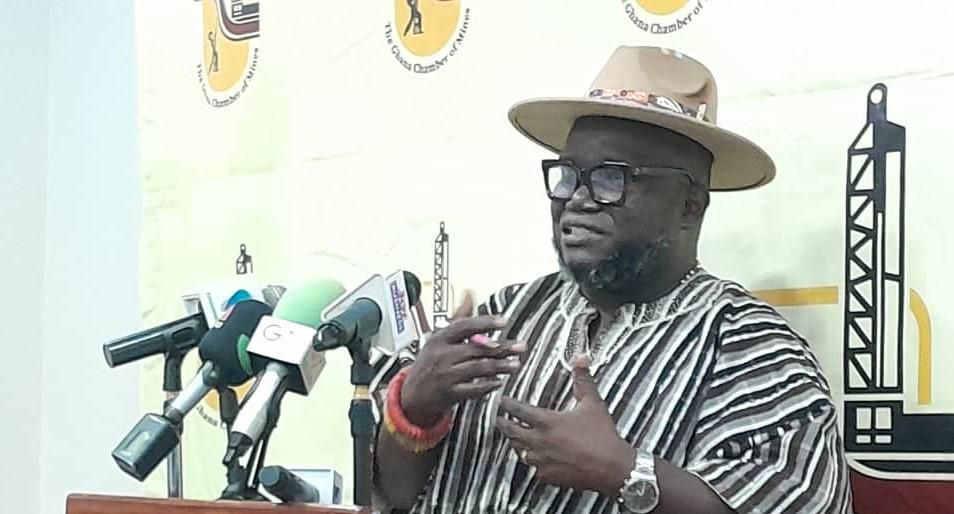
While the Minerals Commission is confident in its approach, the Ghana Chamber of Mines has issued a strong caution against reducing lease durations. Speaking at a press briefing on September 1, 2025, the Chamber’s Chief Executive Officer, Ing. Dr. Kenneth Ashigbey, warned that shortening leases from 30 to 15 years could severely undermine investment flows.
Dr. Ashigbey stressed that mining is a long-term, capital-intensive industry. Many projects require over a decade of preparatory work before production even begins, making it difficult to recover investments within a 15-year lease.
“Reducing the tenure of mining leases will lower a project’s net present value, compromise the viability of deep-seated ore bodies, and discourage exploration,” he explained.
Risk of Reduced Investment and Competitiveness
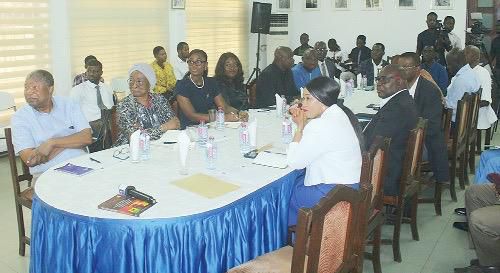
According to the Chamber, Ghana risks losing its competitive edge in the global mining sector if the reforms are implemented without flexibility. Neighboring countries such as Côte d’Ivoire, Burkina Faso, and Nigeria issue mining leases based on project economics rather than fixed caps, making them potentially more attractive to investors.
Dr. Ashigbey added that a shorter lease duration might encourage “high-grading,” where companies exploit only the richest ore deposits quickly, leaving behind marginal resources untapped. This could reduce the long-term value derived from Ghana’s mineral reserves and limit socio-economic development in host communities.
Balancing Reform with Investment Confidence
The Chamber urged the government to maintain the existing 30-year lease with flexible renewal options. This, it argued, would sustain investor confidence while allowing Ghana to continue benefiting from stable revenue streams and community development projects tied to mining operations.
“Mining is inherently high-risk and long-term. Any framework that shortens the investment horizon will only raise Ghana’s tax burden relative to peers and deter new investments,” Dr. Ashigbey emphasized.
What Lies Ahead for Ghana’s Mining Sector
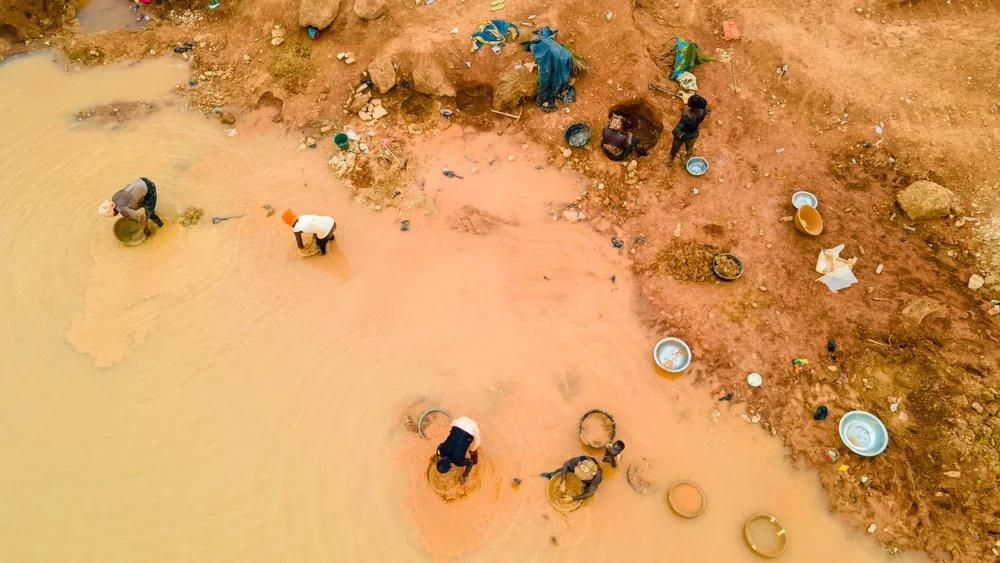
Ghana’s mining industry has been a key driver of its economy since 1897. Currently, 13 large-scale mining companies operate in the country, with government automatically holding a 10 percent carried interest in each.
The reforms to the Minerals and Mining Act, 2006 (Act 703), which has not seen a major review in nearly two decades, represent one of the most significant overhauls in Ghana’s mining history. If successfully implemented, they could reshape how mineral wealth is managed, distributed, and utilized across the country.
Whether these reforms strike the right balance between national interest and investor confidence will determine the future of Ghana’s mining sector for decades to come.
Read also: Black Stars Deliver Big Boost as 22 Players Arrive in Chad for Crucial World Cup Qualifier

